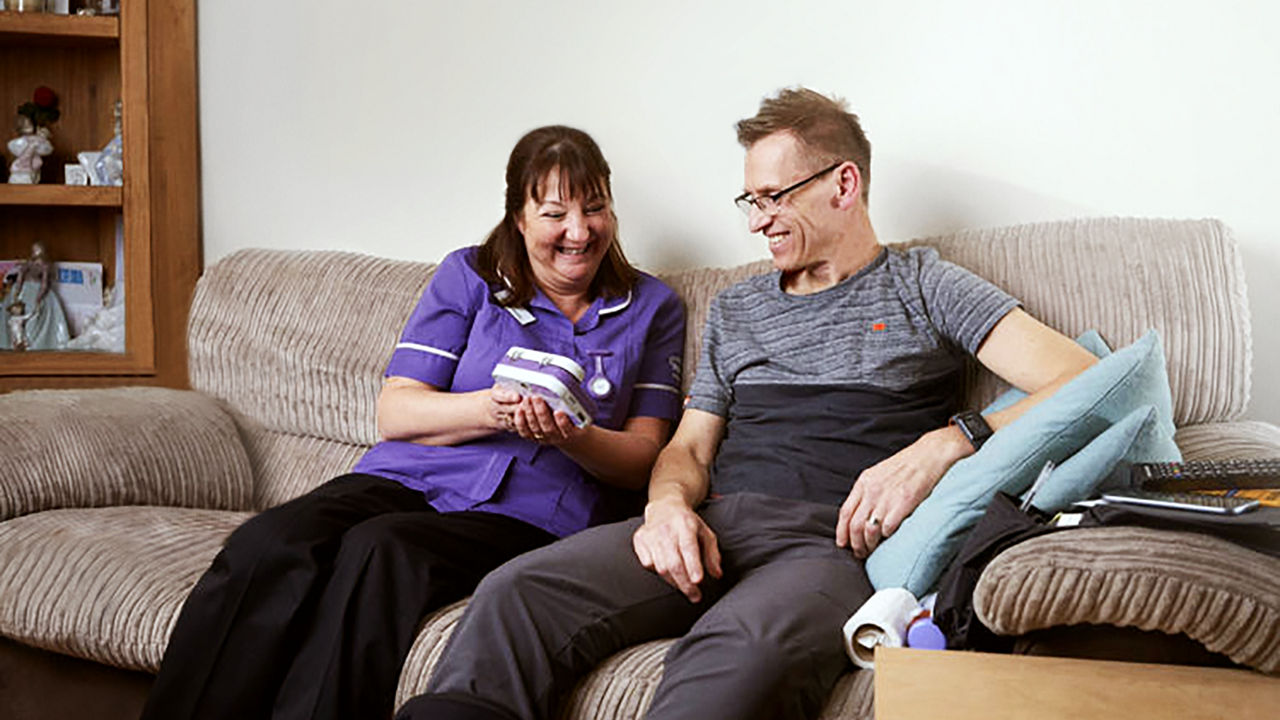Session 5: Muscle-targeted nutritional intervention to optimize recovery: what HCPs need to know
Dr Cereda discusses key questions on the optimum care for patients with sarcopenia, detailing the role of ‘muscle-targeted’ interventions, namely the synergistic role of nutrition and exercise1. Sufficient amounts of key nutrients including high quality protein (e.g. whey), leucine, and vitamin D are required to optimize muscle protein synthesis and promote rebuilding of muscle mass during recovery2,3. To ensure nutritional intervention is targeted to the right patient at the right time, appropriate screening and assessment is required.
Measurement of muscle strength and/or physical performance is essential for tracking progression of sarcopenia in clinical practice2,3.



